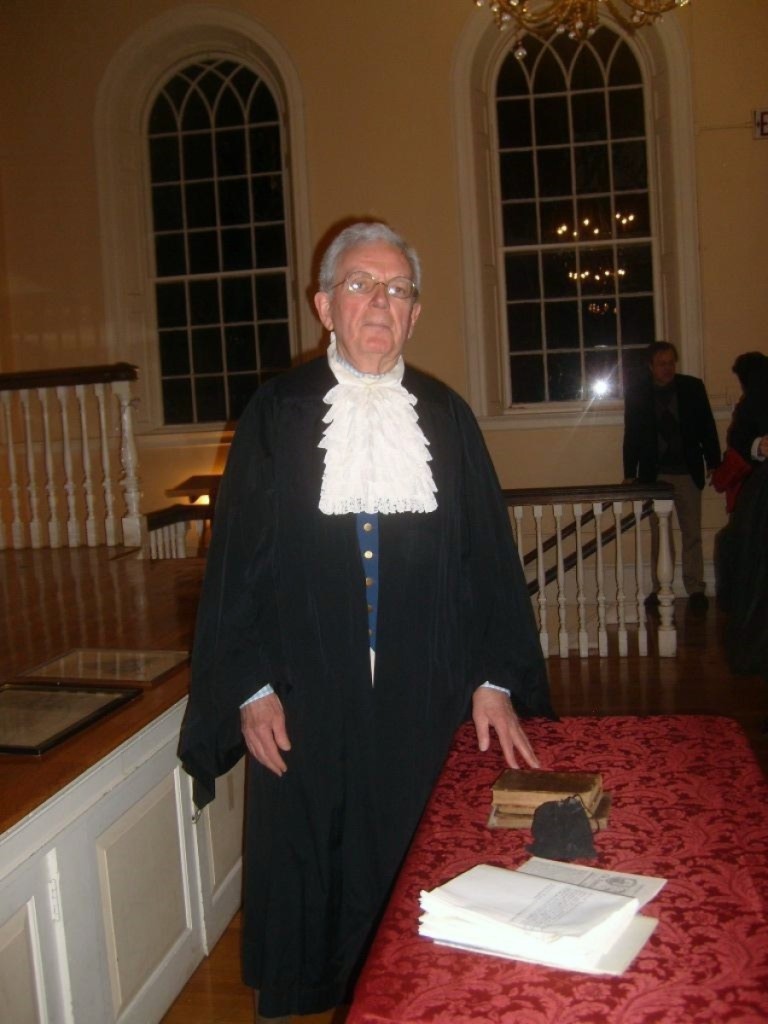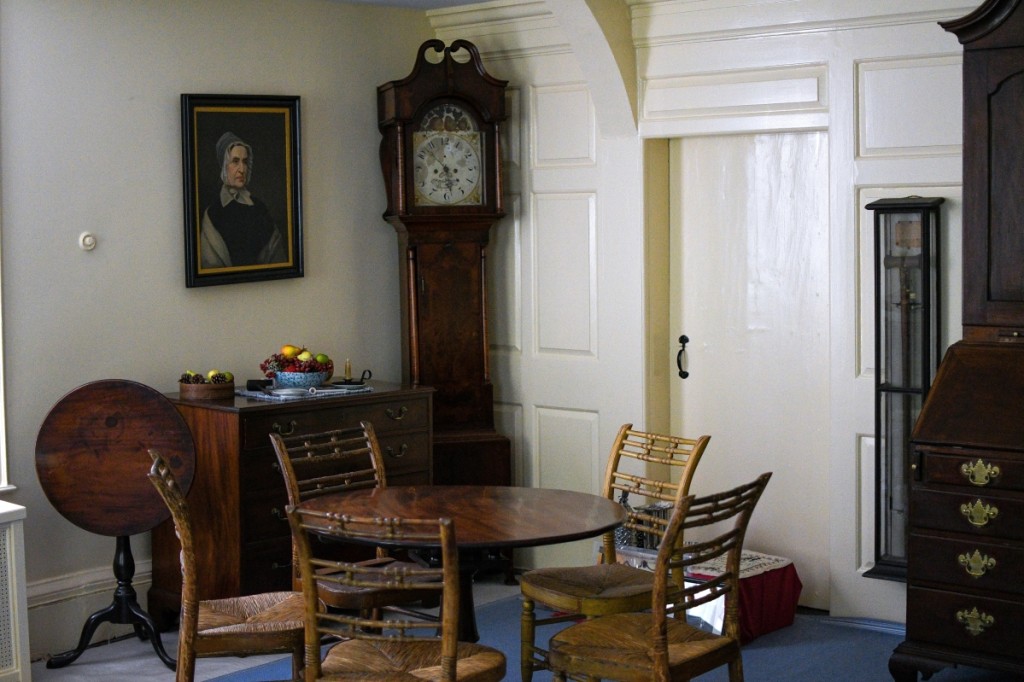In 2005, when Donald “Don” Friary retired after working at Historic Deerfield for 40 years, he established History for Hire, a consulting practice benefiting museums and historical organizations throughout the United States. As the COVID-19 pandemic was shuttering museums and historical societies, Antiques & The Arts Weekly reached out to him for his advice and thoughts on how museums and other institutions might survive this crisis.
What prompted you to start History for Hire?
When I retired as executive director of Historic Deerfield in 2005, I wanted to utilize the experience and knowledge gained by applying it to other museums and historical organizations. Although I had spent recent years as a museum administrator, I have always been essentially a teacher. I began my Historic Deerfield career as head tutor of its Summer Fellowship Program in Early American History and the Decorative Arts that prepares college undergraduates for careers as museum professionals. In History for Hire I have continued teaching, especially in adult education, but also to college classes and other specialized groups.
Has it been well-received?
Yes, I find that the consultations that I’ve done and the programs that I have created and presented have raised the sights of clients and participants to the scholarly basis of all museum efforts – collecting, installation, interpretation, education, programming. At the same time, I have combined learning with entertainment to sustain the interests of participants and wider audiences.
Do you have a team working with you? If so, who is on it?
No, I have no steady team, although I do rely on my wife Grace, an independent public relations consultant, for critiques of writing, proposal content and programs. Since our move to Salem (Mass.,) in 2006, I have widened my circle of colleagues at the Colonial Society of Massachusetts, where I have been president for 14 years; on the Massachusetts Historical Commission, where I have served since 2009; at the New England Historic Genealogical Society, which I have served as a trustee and councilor and have recently been elected an Honorary Trustee; and in area museums and libraries while pursuing research. These scholars have stimulated my research, reading and programming and have been a great network for the latest developments in historical inquiry and museum initiatives.
What are the services History for Hire provides?
I advise museums and historical societies on a wide range of issues, but my focus has increasingly been on travel programs, walking tours, conferences and lectures. Although people have continued to ask me to speak about Historic Deerfield, I have extended my research interests to Salem, including a course and walking tours focused on the Reverend William Bentley (1759-1819), sometimes in character and in costume; Seventeenth Century New Netherland and New York; and punch drinking in early America. I have organized conferences for the 300th anniversary of St Michael’s Church, Marblehead (Mass.) and for the centennial of the great Salem fire of 1914, as well as on religious liberty in colonial New Netherland/New York.
Which of those do you find to be most in demand?
Travel programs and walking tours have become my specialty because they combine learning with travel and keep participants moving, often in fresh air. People enjoy them and are stimulated by the pace of my tours, which so often changes. Most of my long tours have been for the New England Historic Genealogical Society, the Houston Seminar, and the Bayou Bend Docents organization, also in Houston (Texas). As director of Historic Deerfield, I developed a travel program for more than 25 years that included day trips to museum exhibitions and historic sites, as well as international tours a week to ten days in length. Many of the tours yielded substantial income to Historic Deerfield. More important, they fostered interest and loyalty to the museum that frequently resulted in substantial annual fund, endowment and capital gifts, as well as of objects to the museum and library collections. This is a great opportunity for museums and historical organizations.
Are you able to identify any clients, and if so, what did you do for them?
A major and long-term client has been the Bowne House Historical Society in Flushing, Queens, N.Y. Built in 1661 for an English family settled under the Dutch government, the house remained in the family until 1946. The building and its contents were preserved because of the family’s pride in John Bowne’s commitment to religious liberty, for which he was arrested, jailed and exiled. Opened to the public as early as the 1880s, it has recently been restored. For the Bowne House Historical Society, I have prepared a detailed furnishings plan, an imaginative interpretive plan and given many lectures.
What distinguishes History for Hire from other consulting practices?
History for Hire is distinctive in its emphasis on education via walking tours, travel programs, lectures, courses, and in providing advice to organizations that helps management and staff emphasize the scholarly underpinning of all programs. I have recently joined Tours by Locals, an international organization that connects travelers from throughout the world to local guides offering specialized tours. The tours that I am offering are Grand Mansions and Sailors’ Lodgings: The Architecture of Salem, Massachusetts; Salem and the Sea; The Great Salem Fire of 1914; and a general tour of the city called Salem Then and Now.
Museums throughout the United States, and the world, are facing a crisis because of the COVID-19 pandemic. Staff are being laid off, or asked to reduce hours/take paycuts. How can you help museums in this current crisis?
I believe that the key to maintaining museums and historical organizations, their programs, their staffing and their very existence, is in target marketing. We must recognize the value and the relevance of museums to mature audiences – retirees and empty nesters – and respond to their desire for meaningful activity for their leisure time and interests. This demographic needs to be cultivated strategically and creatively. It is a market that is and will be renewable and endless. Building identification with and loyalty to the museum can be achieved by a focus on programming that is accessible and affordable to these consumers, while utilizing the museum’s own resources in staff, collections, and the built and natural environment. The ability to cultivate and increase loyal audiences through imaginative, age-appropriate programming will be critical as museums struggle to survive while remaining vibrant and relevant.
Editor’s note: To reach Donald Friary and History for Hire, donaldfriary@comcast.net or 978-745-0184
-By Madelia Hickman Ring






